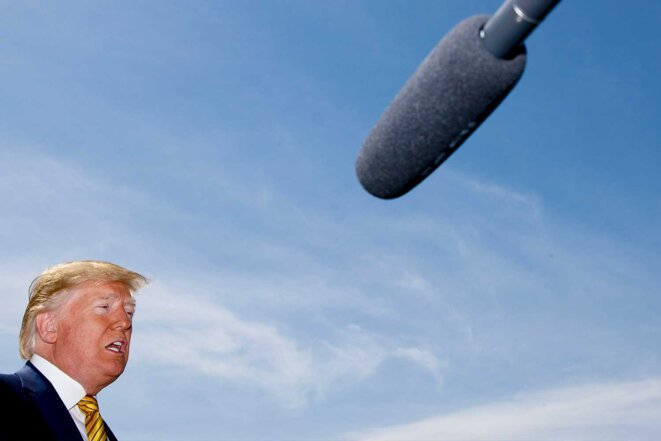Iran’s pistachio industry, long a source of pride and badly needed revenue, is grappling with an export crisis after the European Union rejected over two dozen shipments over the presence of fungal toxins.
The rejections over unacceptably high aflatoxin levels sparked concerns over the future of Iran’s pistachio exports not only to Europe but also to other global markets.
The setback highlights systemic challenges within Iran's agricultural export policies including official negligence, poor quality controls and the entrance into the market by non-traditional players like the cash-strapped auto industry.
Early warnings ignored
In 2022, the EU announced stricter standards for aflatoxin levels in imported pistachios from Iran. However, Iranian officials failed to adequately address these warnings, in a delay that has proven costly.
Of the approximately 7,500 tons of pistachios Iran exports annually to the EU, 26 shipments were ultimately rejected.
“The main point is why have contamination levels increased over the past two years despite EU warnings and government follow-ups,” said Deputy Minister of Agriculture for Horticulture Affairs Mohammad Mehdi Boromandi.
This oversight has not only jeopardized EU imports but also raised concerns about the broader perception of Iranian pistachios in global markets.
“This issue should have been resolved six months ago instead of looking for solutions now,” said Abdollah Mohajer Darabi, a board member of the Iranian Chamber of Commerce earlier this month, criticizing the government’s reactive approach.
Quality decline and market disruption
Beyond aflatoxin concerns, Iranian pistachio exports have been disrupted by non-traditional players entering the market. Automotive companies, struggling to secure foreign currency for importing parts, have turned to pistachio exports to finance their operations.
These companies lack expertise in the pistachio trade, according to officials.
“They export the worst and lowest-quality pistachios, losing global markets and tarnishing the reputation of Iranian pistachios,” says Mohammad Ali Mohammad Mirzaian, head of the Export Development Commission of the Kerman Chamber of Commerce.
“Before the New Year, pistachios sold for $7,200 per ton in China. When automotive companies entered the market, they sold at about 5% below market value,” Mirzaian added.
 Iranian pistachios at a processing facility
Iranian pistachios at a processing facilityMohammad Salehi, chairman of the Pistachio Association of Iran said the supply disruption caused exports to China to plummet from 200,000 tons last year to less than 20,000 tons this year.
External challenges
Compounding these issues are logistical challenges and energy shortages within Iran. In September 2024, widespread power outages in Kerman province, a major pistachio-producing region, led to significant crop losses.
20% to 40% of the province’s pistachio crop came in hollow due to power cuts, according to Hamidreza Torabi, chairman of the Agricultural Commission of the Kerman Chamber of Commerce.
Additionally, Ahmad Heydari, director of Agricultural Jihad in Rafsanjan, reported the destruction of 7,200 tons of pistachios in the city due to repeated power outages.
Missed opportunities
Efforts to address EU concerns were further stymied by a lack of cooperation. Iranian officials extended invitations for EU representatives to visit production facilities, but these were declined. Similarly, Iranian representatives were not granted permits to travel to Europe for discussions.
“The government’s misguided policies regarding exports and the involvement of non-specialists have pushed real exporters out of the market,” Boromandi said. He also warned that without changes, Iranian pistachios may disappear from global markets entirely within two years.
The stakes are high for Iran, which exports tens of thousands of tons of pistachios annually, making the crop a critical part of its non-oil export economy.
“Iran must align its pistachio export policies with international standards to ensure competitiveness,” Boromandi added.
Whether these measures can reverse the damage remains to be seen, but without significant reforms, the future of Iranian pistachios in global markets hangs in the balance.

 2 hours ago
12
2 hours ago
12


